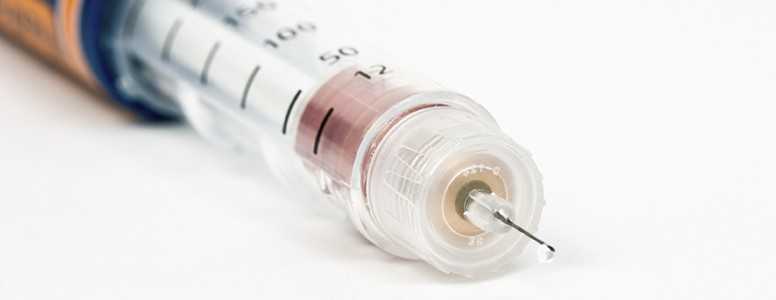An insulin pill has shown to have positive results in new rodent studies, with Harvard scientists optimistic the pill could one day be offered to the public.
The concept of insulin pills isn’t new; several research teams have worked on developing an effective insulin pill, but a number of problems have prevented the technology from advancing. One of the biggest challenges is that insulin gets broken down, and therefore destroyed, by the digestive system.
Oramed Pharmaceuticals and Novo Nordisk are among the pharmaceutical companies which have developed their own insulin pills. But while clinical trials involving humans have taken place, there isn’t an insulin pill that is currently commercially available.
Harvard researchers used a new approach with their insulin pill, dispersing insulin in a liquid made of two components: choline, a nutrient, and geranic acid, commonly found in cardamom.
When the team administered the pill to six rats, their blood sugar fell to around half their initial level, but returned back to a higher level four hours afterwards.
The researchers believe that the choline/geranic acid liquid prevented the insulin from being broken down in the digestive system, helping insulin to pass into the blood vessels.
“Because it is able to do all three things which are the three main barriers to oral delivery of insulin, it is very effective at enhancing the absorption of insulin,” said co-lead author Professor Samir Mitragotri.
When insulin was administered in saline, or in capsules containing just choline or geranic acid, the capsules had minimal effect on blood sugar levels.
Simon Heller, professor of clinical diabetes at the University of Sheffield, who wasn’t involved in the study, was buoyed by the findings. He said: “This is exciting and of considerable potential particularly in type 1 diabetes as delivering food and insulin makes a lot of sense as both need to be delivered to the liver at the same time when eating. It is this rather than not injecting which is the potential [benefit].”
The researchers concluded that “Evidence from cell and animal studies supports a promising prospect of development of the formulation into a clinical product”.
This pill will not be available to people with diabetes any time soon though. Clinical trials involving humans could still take a long time to set up, and varying dosages will need to be tested for safety and efficacy. However, the signs look promising.
The findings appear online in the Proceedings of the National Academy of Sciences.
What's new on the forum? ⭐️
Get our free newsletters
Stay up to date with the latest news, research and breakthroughs.





